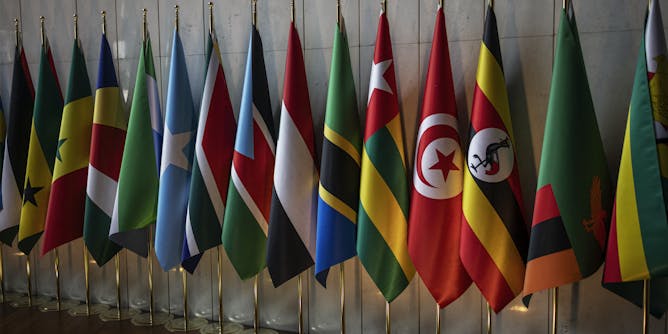We talk about freedom as if it arrived on schedule. As if flags went up and chains fell off in a single breath. But freedom in Africa was not a gift wrapped by history. It was fought for in forests, classrooms, and dusty streets by people whose names rarely appear in our books. They were dreamers and fighters who carried hope like fire in their bare hands. They wanted a new world, not just a new government. Yet when the flags rose, many of their stories sank into silence.
History often remembers those who ruled after independence, not those who risked everything to make it possible. Across the continent, revolutions once sparked in the hearts of farmers, students, and mothers who refused to wait for permission. Their victories were quiet, their sacrifices loud, and their memory fading. It is time to remember them not as footnotes but as the heartbeat of Africa’s story.
The Mau Mau: Kenya’s Unwritten Beginning
Before the flag rose at Uhuru Park, before speeches and anthems, a rebellion took root in the misty forests of Kenya’s central highlands. The Mau Mau were not saints. They were hungry, angry, and determined. They fought with machetes and faith against an empire armed with machines. Britain called them terrorists yet it was their defiance that forced the world to admit that the colonized could no longer be contained.
Many of them never saw independence. Those who survived returned to find a country that celebrated freedom but forgot the fighters. Their names were erased from schoolbooks as politicians polished their own legacies. Yet every gust of wind that passes through the Aberdares still carries their whisper: We started the fire that you now call peace.
Sankara’s Revolution: The Brief Fire in Burkina Faso
In 1983, a young soldier named Thomas Sankara rode his bicycle to work and carried his country’s hopes in his pocket. He banned luxury cars for ministers, planted trees in a dying land, and renamed Upper Volta to Burkina Faso, the Land of Upright People. He said, “He who feeds you controls you,” and turned that warning into policy.
Sankara’s dream was short. His life was taken by those who feared change. But revolutions are not measured by years. They are measured by how long their spirit refuses to die. Today, in the chants of protestors from Ouagadougou to Lagos, in the tweets and murals painted by restless youth, Sankara’s fire still burns.
Soweto 1976: When Youth Became the Nation’s Conscience
On a cold morning in June 1976, South African students filled the streets of Soweto. They carried banners written in broken English but unbroken conviction. They were tired of being taught in the language of oppression. When bullets met them they did not run. The image of Hector Pieterson’s body being carried through the chaos became the face of a generation’s sacrifice.
That day, Africa’s youth reminded the world that the most powerful weapon is not the gun but the idea that refuses to kneel. Their protest was not just against apartheid but against silence itself.
The Silent Ones: Forgotten Flames Across the Continent
In Nigeria, the women of Aba rose in 1929 against unfair taxes. They had no weapons, only songs, yet their voices shook the colonial administration. In Guinea, the youth resisted French control in 1958, choosing poverty over submission. In Tanzania, Nyerere’s ujamaa villages tried to build a communal nation from scratch. Across the continent, there were countless others whose courage never reached the newsprint.
Their stories are like stars seen only when the noise of day fades away. Each one carries a lesson about struggle, patience, and the cost of believing that freedom is never complete until everyone tastes it.
Why We Forget
We forget because remembering would force us to confront uncomfortable truths. Governments prefer tidy histories where heroes wear suits and power changes hands with a smile. Real revolutions are messy. They expose betrayal, ambition, and the hypocrisy that often follows victory. To remember them honestly would be to admit that independence did not end the fight for justice. It only changed its form.
The New Age of Remembering
Today’s young activists are not the first to demand change. From EndSARS in Nigeria to Fees Must Fall in South Africa, from climate strikes in Nairobi to digital protests across the continent, the spirit of resistance is finding new homes. The placards have turned into tweets, the rallies into threads yet the heartbeat is the same. It is the rhythm of a generation that refuses to inherit silence.
These movements remind us that history is not a museum. It is a living conversation. Every act of defiance today is an echo of someone’s unfinished dream
If history were a drum, its deepest beats would belong not to presidents or generals but to the nameless rebels who chose conviction over comfort. Africa’s forgotten revolutions are not lost stories. They are seeds buried beneath time, waiting for us to water them with remembrance. The question is not whether they mattered but whether we will dare to listen to their echoes and build from where they stopped.


